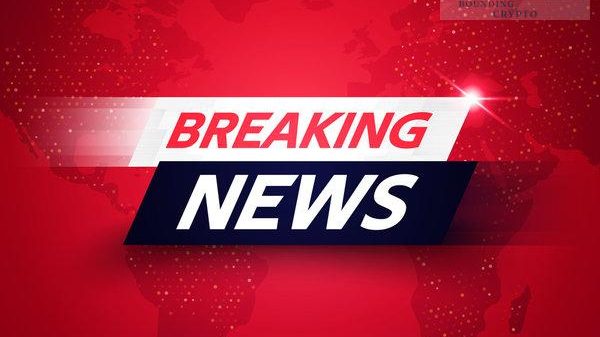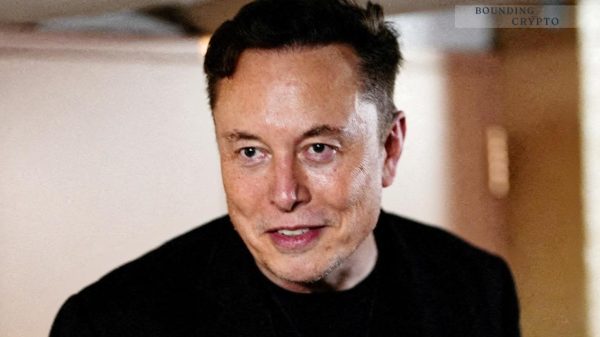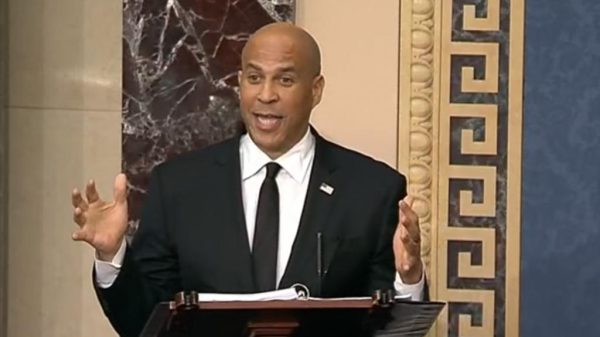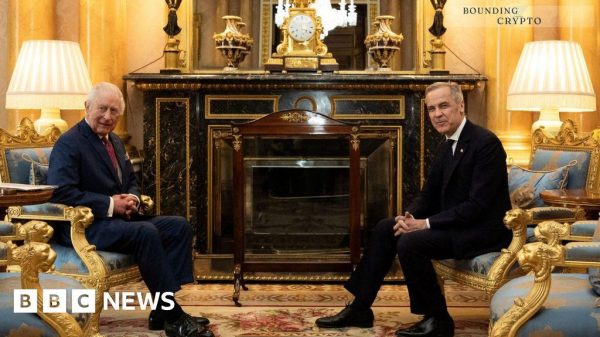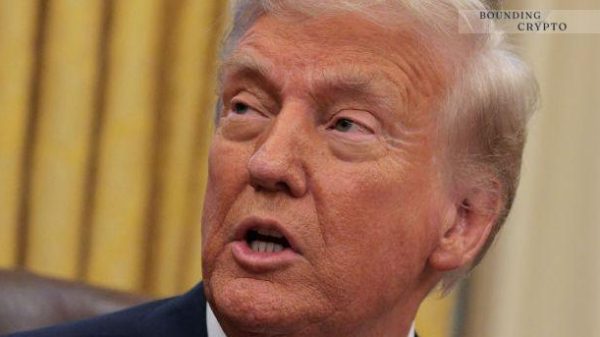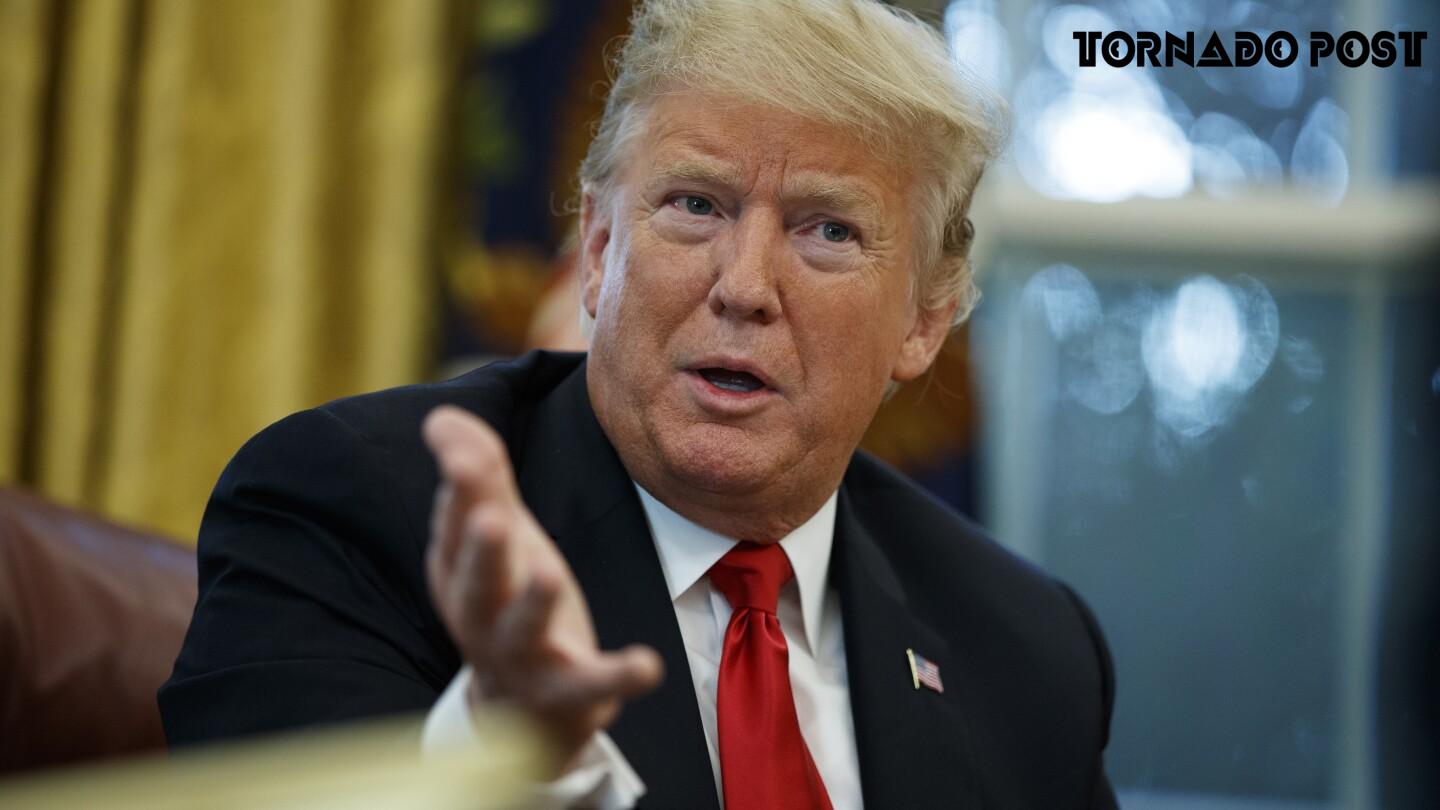In a bold move, President-elect Donald Trump has unveiled plans for a new government agency dubbed the ‘External Revenue Service’. This agency aims to collect tariffs and other funds from foreign countries, starting soon after he officially takes office. With the government already having entities collecting taxes and tariffs, many are raising eyebrows about the necessity of this new agency.
What is the External Revenue Service?
The ‘External Revenue Service’, as proposed by Trump, would focus specifically on collecting monies from international sources, including tariffs on imports. Tariffs are fees charged on goods brought into the country from other nations. Trump announced this initiative on January 7, 2025, via social media, stating that existing processes are inadequate to handle the current economic landscape.
Why Create a New Agency?
Many wonder why Trump is advocating for this new agency. According to him, the current systems, like the Internal Revenue Service (IRS) and Customs and Border Protection, do not do enough to protect American interests when it comes to trade. Trump has long criticized foreign trade deals as unfair, and the establishment of the External Revenue Service is seen as a way to ensure foreign countries pay their fair share. His plans include potentially imposing high tariffs of up to 60% on imports from nations like China, and 25% on goods from Canada and Mexico.
What Happens Next?
To actually put this plan into action, Trump needs approval from Congress—something that might be tricky, especially with both Democrats and some Republicans expressing concerns. While Trump has the majority support from Republicans, the implications of creating a new agency are causing debates. Many think that existing agencies are just fine, and that creating another layer of bureaucracy could lead to complications and inefficiencies.
Concerns from Economists
Economists are also skeptical of Trump’s tariff strategies. They warn that imposing such high tariffs could lead to increased prices for American consumers. The money collected from tariffs might not be as beneficial as expected, and it could actually hurt families by raising the prices of everyday items. Critics, including Democratic Senator Ron Wyden, have already categorized the tariffs as a hidden tax increase on Americans.
What’s Already in Place?
The U.S. already collects a significant amount of revenue from tariffs—around $80 billion in 2023 alone. So, some critics question Trump’s rationale for the new agency when current systems are working. Trump’s transition team is reportedly looking into gradually increasing tariffs, possibly increasing fees by 2 to 5 percent each month. This strategic approach indicates a shift in how America may deal with trade moving forward.
Next Steps and Public Response
Following the announcement, various industry experts and citizens are weighing in on the issue. Supporters argue that a more focused agency could improve revenue collection from foreign entities, helping to strengthen the American economy. However, those against it propose that the focus should remain on improving existing systems rather than creating new offices with overlapping responsibilities.
A Look Ahead
As this plan unfolds and moves toward Congress, many will be watching carefully. If approved, how will the External Revenue Service function alongside current agencies? Will it deliver on its promises, or will it add unnecessary complexity to an already tangled system? The answers may impact the future of trade and economy in America, fostering either great improvement or significant challenges.
| Country | Proposed Tariff Rate |
|---|---|
| China | 60% |
| Canada | 25% |
| Mexico | 25% |


